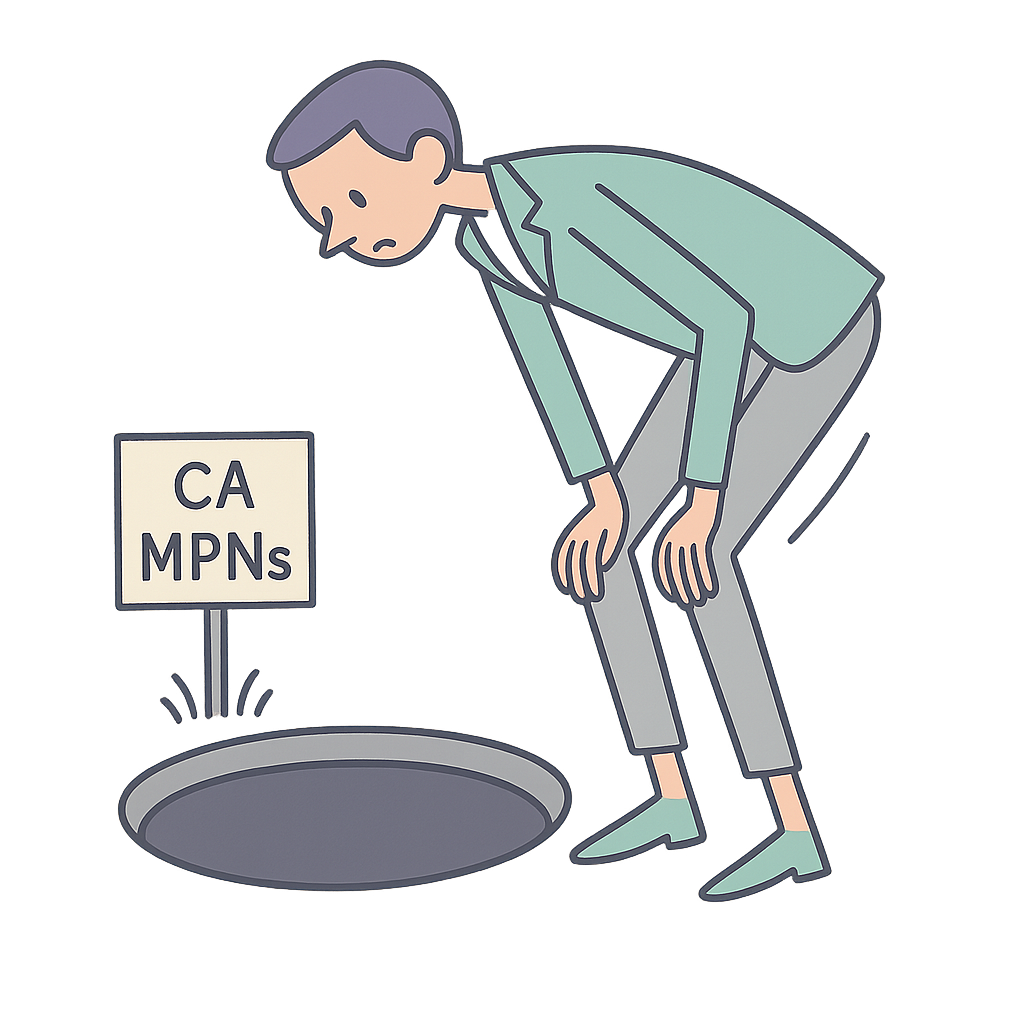STRONG WARNING! Travelers Refuses to Pay Provider

We advise providers to think carefully before treating injured workers covered by Travelers. Below, we summarize the nightmarish run-around that an MPN provider experienced when trying to receive payment for authorized services. Reminder: Authorization is, or at least should be, final.
In this case, Travelers recommended payment but, Coventry Network denied payment. Adding insult to injury, neither the explanation of review (EOR) nor anybody at either Travelers or Coventry seems able to produce a single reasonable rationale for denial of these authorized services.
This Travelers payment nightmare is another instance of a claims administrator not fearing repercussions for noncompliant bill denials. Readers of the summary below will be familiar with the by-now business-as-usual disrespect and casual contempt with which providers are treated by many claims representatives.
This provider, instead of the claims administrator, must shoulder the burden of an often protracted appeals process.
A Grueling Attempt to Decipher Denied Reimbursement
The provider obtained authorization for the treatment, submitted a compliant bill, received a nonsensical EOR from Travelers, and subsequently spent hours trying to determine the reason for nonpayment. Follow along as we trace each step in an increasingly infuriating and baffling reimbursement chronicle:
- MPN provider obtains prior authorization for services.
- MPN provider renders authorized services to injured worker.
- Travelers denies payment for services. The EOR fails to provide an explanation for the denied reimbursement.
- DaisyBill calls Travelers and speaks to a Travelers supervisor
- The supervisor cannot provide a real explanation for the reason for the denial other than repeating the message listed on the EOR:
“SUMMARY MESSAGE
NTWK PRICING REDUCTIONS DUE TO MPN.”
- The supervisor explains that this message means that Traveler’s bill review recommended $1,580.64 reimbursement for services, BUT Coventry Network recommended $0 payment due to the contracted rate with Coventry. The supervisor cannot give any further information, such as why the contracted payment rate is $0.
- Travelers instructs DaisyBill to call Coventry for more information.
- DaisyBill calls Coventry and waits on hold for 32 minutes, and when an agent finally picks up, she promptly hangs up because she cannot “hear.”
- DaisyBill calls back and waits on hold for an additional 31 minutes until an agent answers and explains that Travelers is out of her “scope” and requires a different agent.
- The Coventry agent transfers us to still another Coventry agent (the third agent, and still counting), who cannot access bill information with a claim number; instead, the agent requires the injured worker’s social security number.
- This third Coventry agent asks: “What amount are you looking to get paid?” She acknowledges that Travelers recommended a payment, but the Coventry agent cannot provide the reason that Coventry denied payment.
- The Coventry agent explains that Coventry does not receive bill images from Travelers. The only information she has available is that the bill was denied per the contract language, but she does not know the contract language used for the denial. Remember that Coventry originally denied the bill and that Travelers instructed DaisyBill to call Coventry.
- To receive payment, the Coventry agent recommends that the provider fax the bill directly to Coventry for further research.
- DaisyBill asks to speak to a supervisor.
- Coventry’s supervisor explains that the denied payment is due to the bill diagnosis code not being related to the injury.
- The supervisor was unaware that the services were authorized. His advice is that the provider should send the bill directly to Coventry for review instead of submitting a Second Bill review to Travelers.
Recommended Next Action
So at this point in the reimbursement journey, which started with authorization, the next step for the provider is to either
- Recommended: Submit a Second Review appeal directly to Travelers. If the second review process yields no satisfactory outcome to this reimbursement marathon, the MPN provider can next go the route of requesting Independent Bill Review (IBR) from Maximus.
- Not recommended: Re-send the bill directly to Coventry, with no guarantee of payment or even a coherent EOR. WARNING: If Coventry fails to pay the bill, circumventing the Second Review appeal process means that the provider will never receive reimbursement for the services because the provider will be precluded from filing both an IBR and a lien for payment.
Provider Agency
Providers are not helpless under these circumstances. Providers have agency and should consider refusing to treat the injured workers of claims administrators that fail to pay for authorized services. Contact the claims administrator and request a transfer of care.
In the short term, injured workers will have fewer providers who are willing to treat them, but the long term effects will be a better-functioning workers’ comp system -- with claims administrators that follow the rules. Collectively, if enough providers opt out, providers can stop claims administrators from continuing to perpetuate this kind of reimbursement abuse. After all, claims administrators can’t administrate if they have no bills to process and pay (or not, as the case may be).
DaisyBill’s Billing Software doesn’t just make billing easier — it empowers providers to know exactly what’s in the EOR, and to take action when necessary to protect an office’s revenue. Sign up for a free demonstration, and see what DaisyBill can do for your office.
SCHEDULE DEMO
DaisyBill provides content as an insightful service to its readers and clients. It does not offer legal advice and cannot guarantee the accuracy or suitability of its content for a particular purpose.



